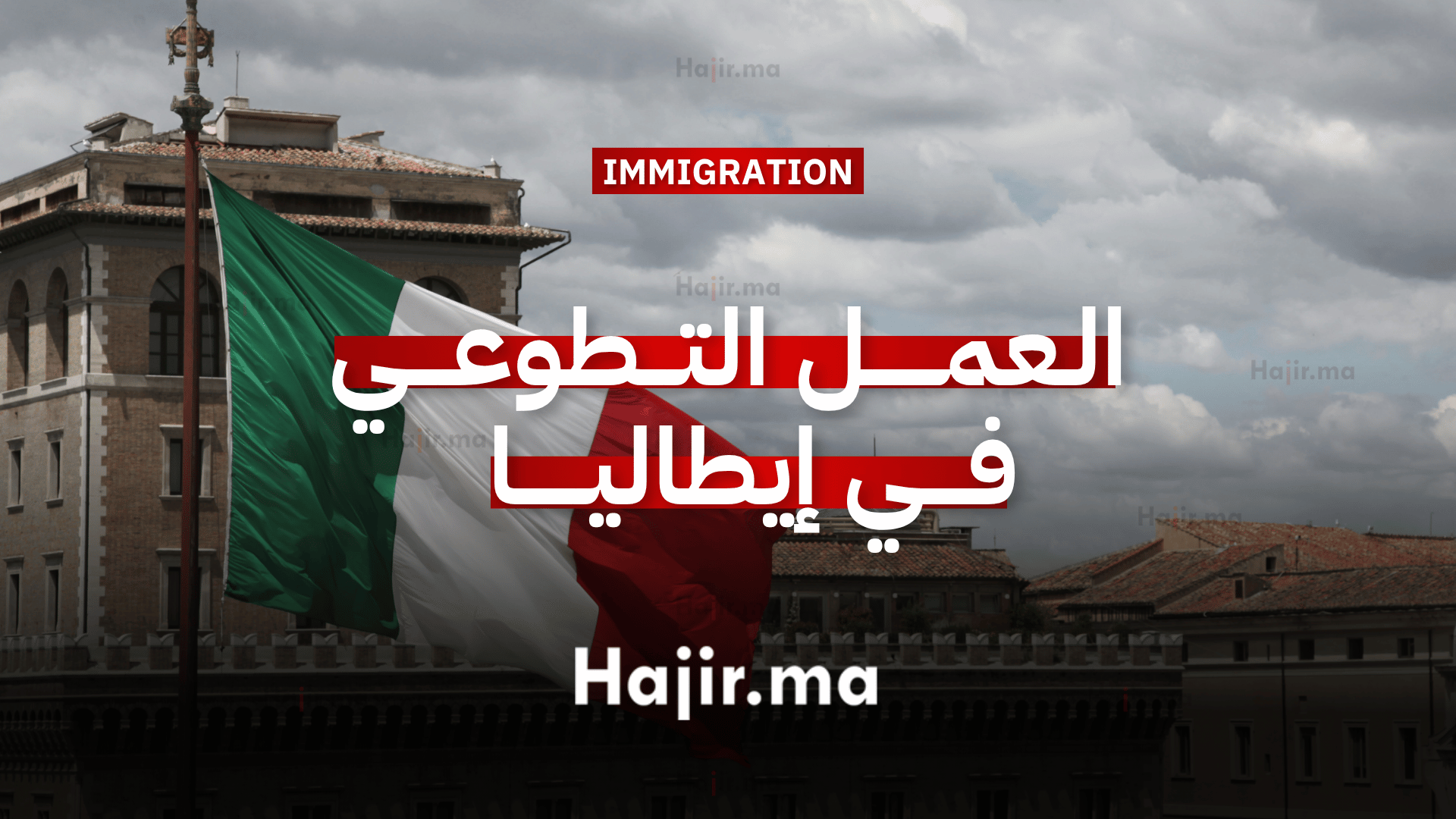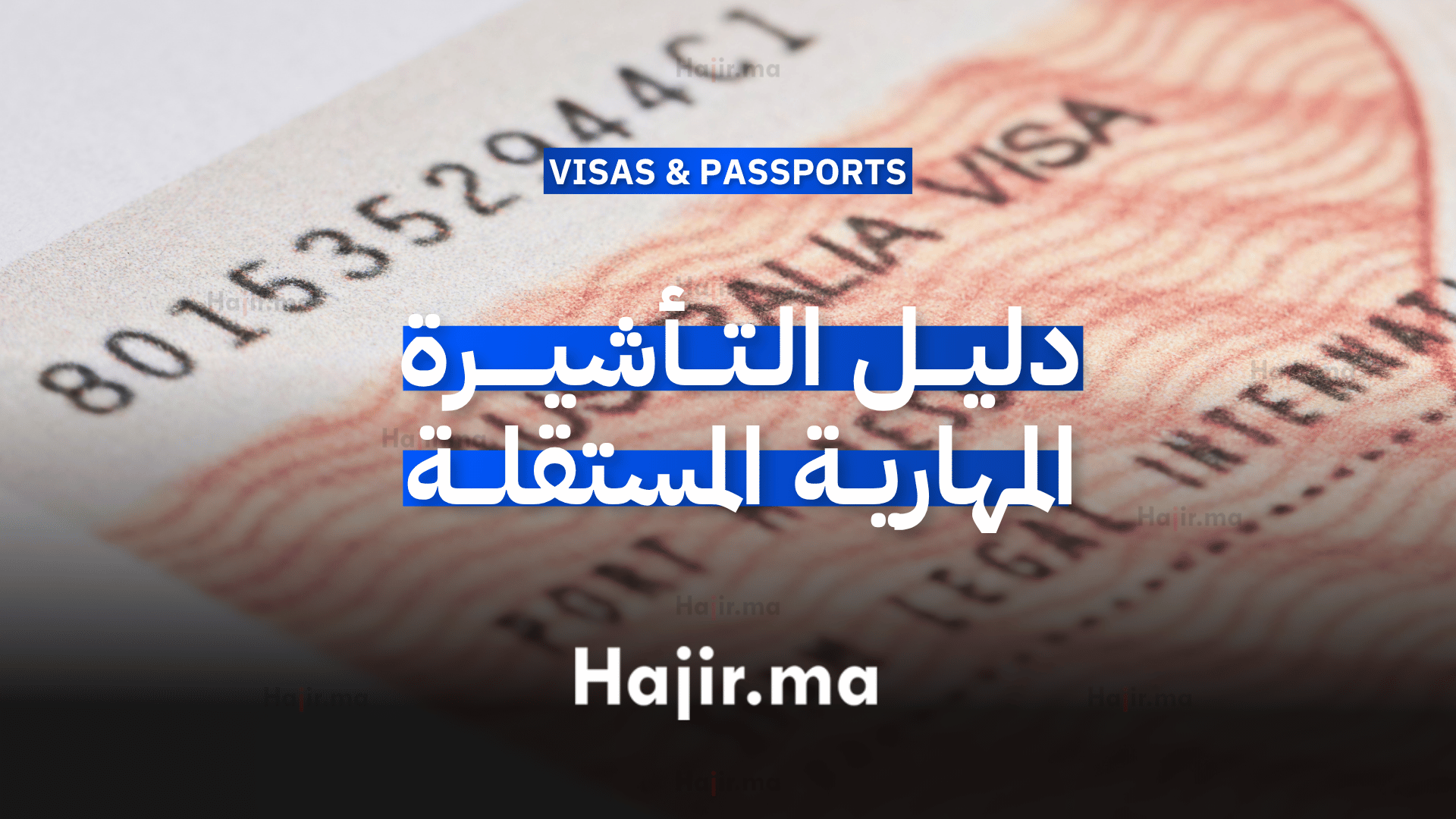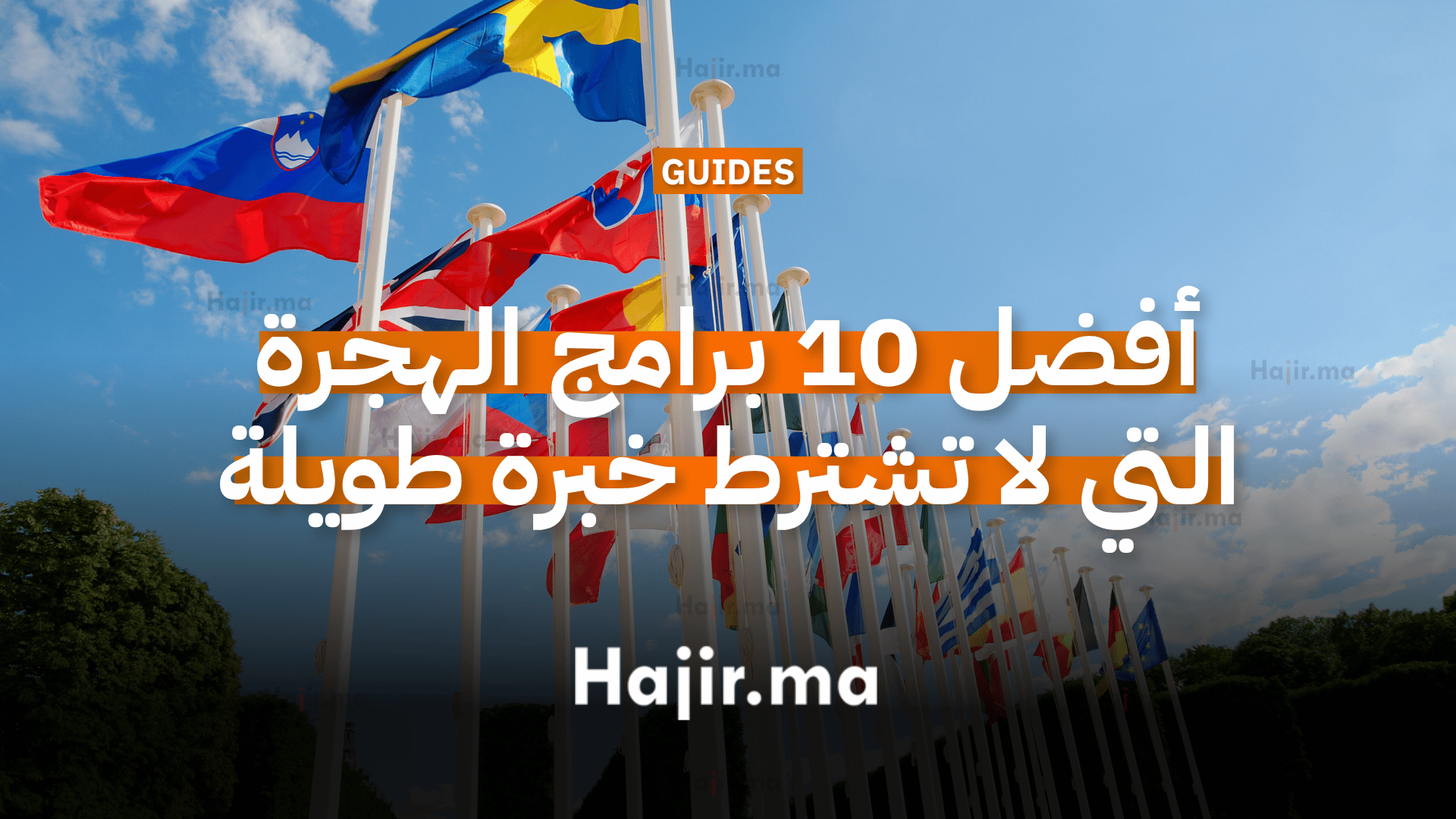Planning a trip to Ireland? Navigating the visa process can be daunting, but fear not! This comprehensive guide will walk you through the intricacies, requirements, and types of visas available for your journey to the enchanting land of Ireland.
Types of Irish Visas
Short Stay Visas (C)
- Tourist Visa: For those exploring Ireland for leisure.
- Family/Friends Visit Visa: Designed for visits to family or friends residing in Ireland.
- Short Stay Work Visa: Allows work for up to 90 days.
- Conference Visa: Ideal for attending conferences or workshops in Ireland.
Long Stay Visas (D)
- Student Visa: Tailored for students pursuing education in Ireland.
- Work Visa: For those planning to work in Ireland for more than 90 days.
- Family Reunification Visa: Joining family members in Ireland.
- Investor Visa: For those looking to invest in Ireland.
- Stamp 4 (Residence Without Limits): Permits permanent residency.
Ireland Visa Conditions
To obtain an Ireland visa, you must meet several conditions, including:
- Valid passport with a minimum 6-month validity post departure.
- Fully filled visa application form.
- Recent passport-sized photos.
- Visa fees payment.
- Proof of accommodation and travel reservation.
- Sufficient funds proof for travel and stay.
- International health insurance covering your stay.
- Compliance with long-stay visa conditions.
Required Documents
Ensuring a smooth application process involves preparing the necessary documents:
- Document Authentication: Originals must be authenticated by the issuing authority.
- Certified Translations: Non-English documents require certified English translations.
- Submission of Documents: Both original and translated documents must be submitted.
Step-by-Step Application
- Embassy or Consulate Application: Submit your visa application at the Irish Embassy or Consulate in your country.
- Required Documents Submission: Ensure all necessary documents, in English, are submitted.
- Document Authentication: Authenticate originals with your country’s Ministry of Foreign Affairs.
- Certified Translations: Non-English documents must be translated by a certified translator.
- Sending Documents: Submit both original and translated documents with your visa application.
- Visa Fee Payment: Pay the applicable visa fee in cash or card at the Embassy or Consulate.
Visa Fees
- Single Entry: €60
- Multiple Entry: €100
Tracking Your Application
After submitting your application, stay informed:
- Online Tracking: Monitor your application online.
- Contact the Embassy: Reach out for updates.
Common Reasons for Rejection
- Incomplete Documentation: Ensure all required documents are submitted.
- Insufficient Funds: Verify that you meet financial requirements.
- Non-Compliance: Adhere to the conditions specified for the selected visa type.
Planning Your Trip
Planning a visit to Ireland? Start early and follow the steps meticulously for a seamless experience. Embrace the unique beauty and rich culture Ireland has to offer.
Embarking on a journey to Ireland is an exciting prospect. By following the outlined steps and meeting the necessary criteria, your visa application process can be smooth and stress-free. So, plan ahead, gather your documents, and get ready to immerse yourself in the charm of Ireland!
FAQs
- Q: How long does it take to process an Ireland visa?
- A: Typically, visa processing takes 10 to 22 working days.
- Q: What is the cost of an Ireland visa?
- A: The visa fee is €60 for a single entry and €100 for multiple entries.
- Q: Can I appeal if my visa application is rejected?
- A: Yes, you can appeal by providing additional documents or contacting the relevant authorities.
- Q: Can I submit photocopies of documents?
- A: No, only original documents and certified translations are accepted.
- Q: Is it advisable to use a visa consultant?
- A: While not mandatory, a consultant can provide guidance and ensure a smoother application process.
You may also like: Job Opportunities as a Waiter/Waitress in Radisson Hotels in Spain







